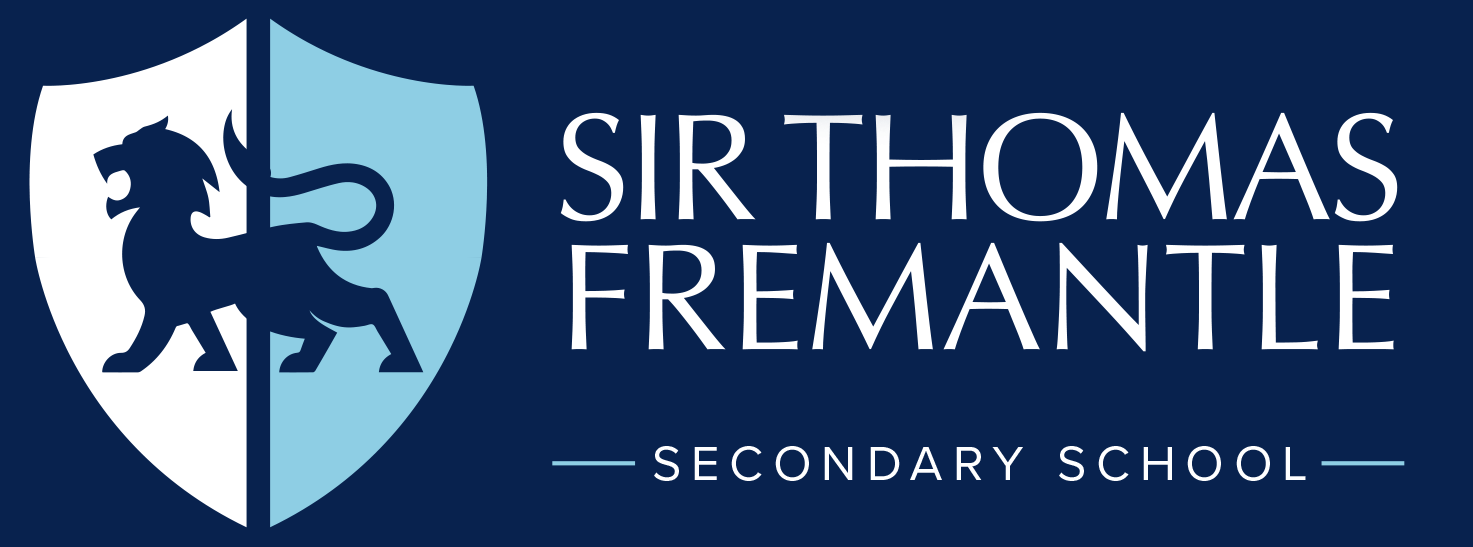Ethics & Philosophy
Rationale
Ethics & Philosophy (E&P) should engage, inspire and challenge pupils, equipping them with the knowledge and skills to explore difficult philosophical and ethical questions, develop an understanding of different religious beliefs and also encourage them to reflect on their own ideas and way of living.
E&P helps students to combat prejudice, appreciate diversity and promote integrity and respect. In this way, the E&P curriculum contributes towards establishing British values and aids student’s spiritual, moral, social and cultural development.
Our E&P curriculum at Sir Thomas Fremantle enables pupils to develop knowledge and understanding of Christianity, Islam, Judaism, Hinduism, Sikhism and Buddhism. We additionally explore non-religious beliefs, including humanism, and examine reasons that many people no longer identify with a faith group. Our curriculum will ensure that students:
• Understand what it means to belong to a religious community and the influence religious faith has on individuals and communities
• Consider the way religious teaching and practice relate to ultimate questions – including exploring areas of commonality and areas of difference
• Evaluate the benefits and challenges of living in a multi-faith and diverse society.
• Develop the ability to analyse and think critically about religious and other beliefs and practices and different interpretations of these
• Analyse and evaluating the significance of religion and worldviews in the modern world
Through high quality teaching of Ethics and Philosophy, children will develop a wide range of skills including interpretation, evaluation and reflection. Pupils are encouraged to participate in philosophical discussions, ethical dilemmas, and explore their own ideas and beliefs in a classroom environment where they feel heard, respected and understood.
Curriculum Journey
Click image to expand





